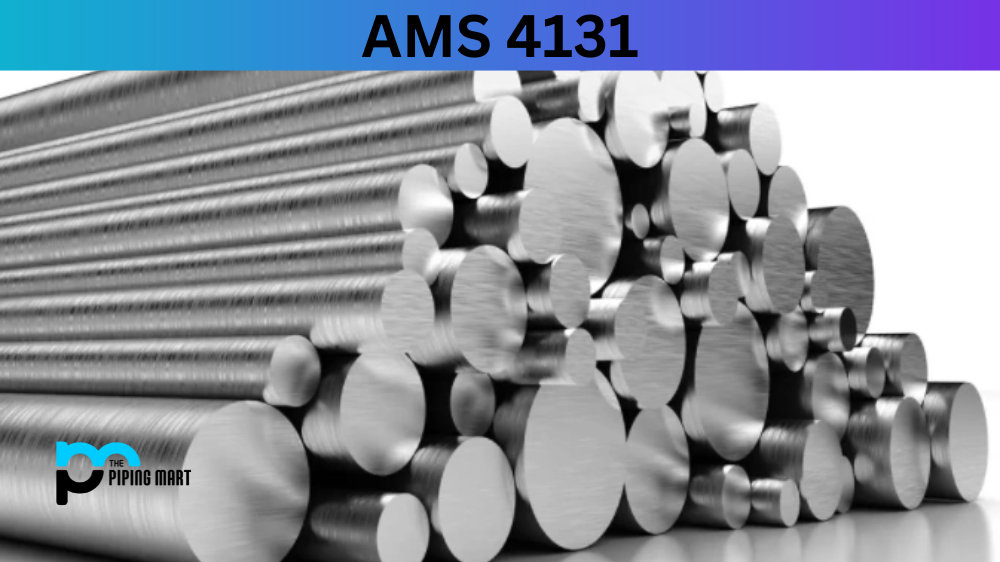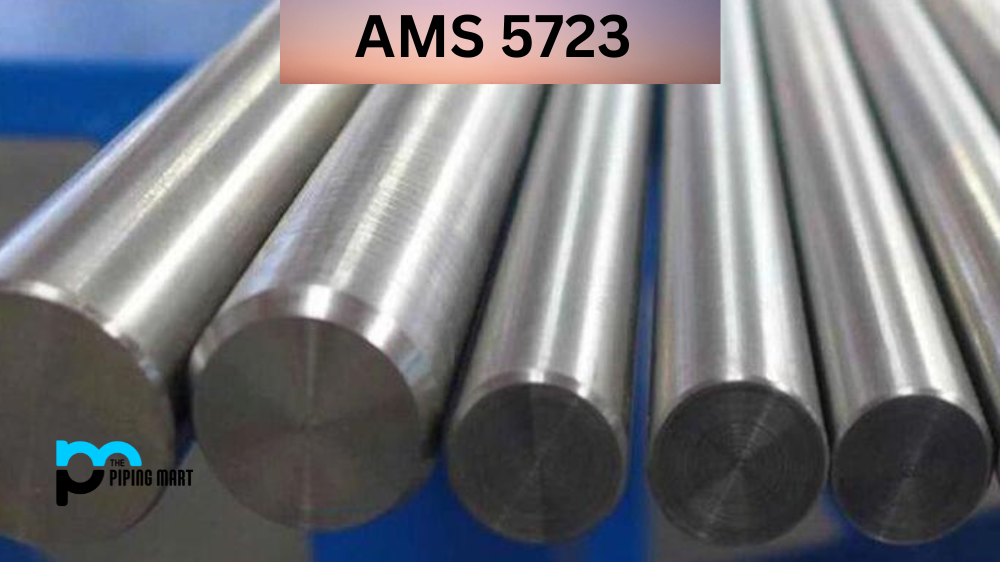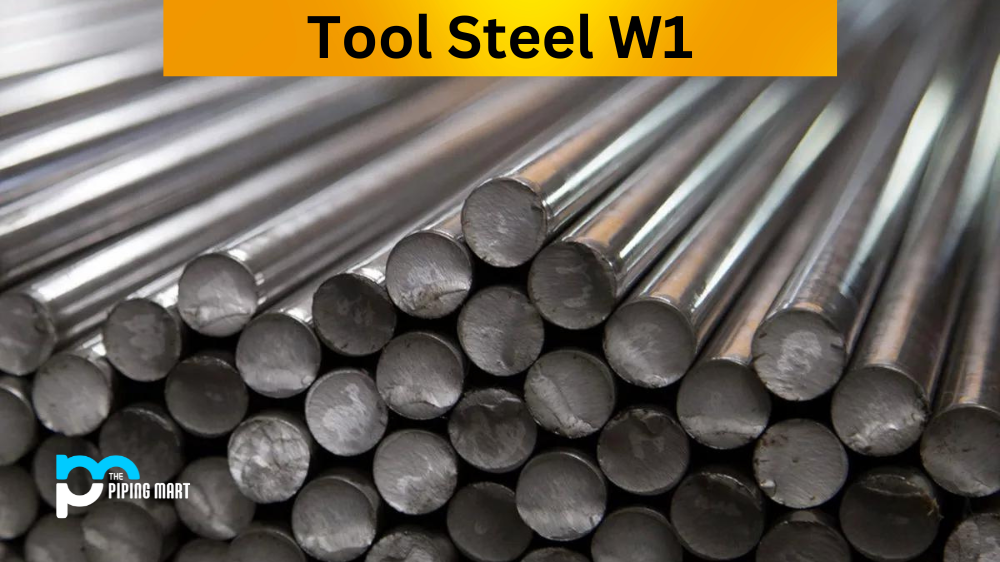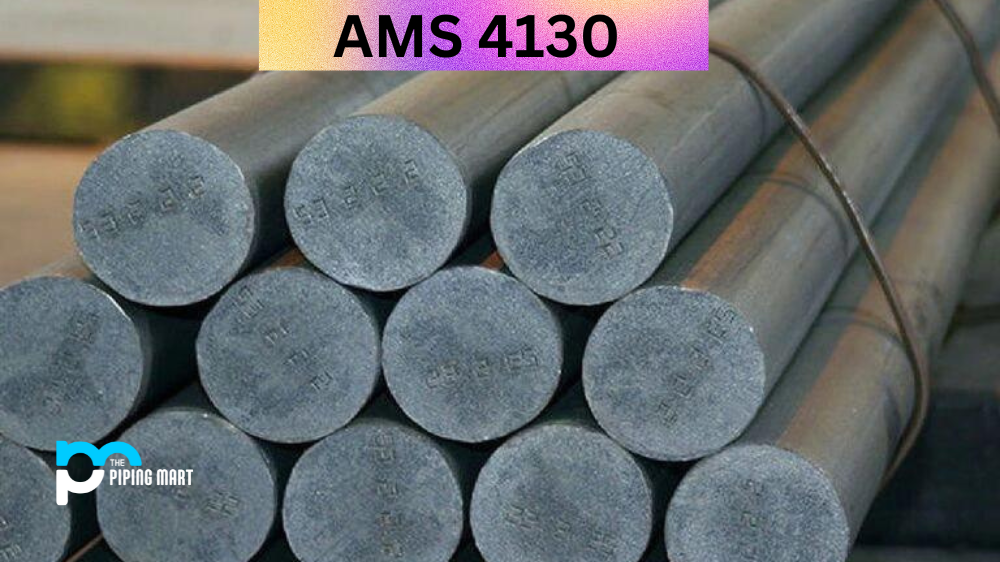Metals are an essential category of materials that find numerous applications across various industries. They are known for their strength, durability, and unique properties that make them ideal for diverse applications. One such metal is AMS 4131. AMS 4131 is a high-strength alloy with many uses in the aerospace, defence, and automotive industries. This blog post will examine what AMS 4131 is, its composition, physical and mechanical properties, and various applications.
What is AMS 4131?
AMS 4131 (also known as 7075 Aluminum Alloy) is a course that many engineering students might encounter during their studies. This course focuses on the theories and applications of complex variables, which are a crucial part of mathematical modelling and analysis. For those unfamiliar with the subject, it can seem like a daunting challenge. However, with expert guidance and practical applications, students can grasp the concepts and develop their skills. With AMS 4131, students can gain a deeper understanding of the mathematics behind real-world situations, giving them a valuable toolset for their future careers in engineering and beyond.
What form is AMS 4131 Available at Piping Mart?
- Pipes
- Tubing
AMS 4131 Composition
AMS 4131 is a nickel-chromium-molybdenum alloy that contains high amounts of carbon, vanadium, and titanium. Other minor elements include manganese, silicon, sulfur, phosphorous, and iron. Combining these elements makes AMS 4131 a unique alloy with high strength and abrasion resistance. This alloy has a high chromium content that provides excellent resistance to oxidation and corrosion.
|
Si |
Fe |
Cu |
Mn |
Mg |
Cr |
Zn |
Ti |
Others-Each |
Others Total |
Al |
|
|---|---|---|---|---|---|---|---|---|---|---|---|
| 7075 |
0.40 |
0.50 |
1.2-2.0 |
0.30 |
2.1-2.9 |
0.18-0.28 |
5.1-6.1 |
0.20 |
0.05 |
0.15 |
Remainder |
AMS 4131 Physical Properties
AMS 4131 exhibits exceptional physical properties that make it stand out from other alloys. It has a density of 7.85 g/cm³, a melting point of 1427°C, and a boiling point of 2672°C. This alloy has excellent thermal and electrical conductivity, making it ideal for high-temperature applications. Additionally, it has a low coefficient of thermal expansion, making it suitable for applications that require dimensional stability.
AMS 4131 Mechanical Properties
AMS 4131 is known for its excellent mechanical properties. It has a tensile strength of 1800 MPa and a yield strength of 1600 MPa. This alloy is challenging, making it resistant to fatigue and stress. Depending on the heat treatment processes, its elongation at break ranges from 8-12%. It also has a high modulus of elasticity of 200 GPa, making it ideal for applications requiring high stiffness.
| Alloy-Temper |
Tensile Strength (ksi) |
Yield Strength (ksi) |
Elongation (%) |
|---|---|---|---|
| 7075-O |
33 |
15 |
16 |
| 7075-T6 |
83 |
73 |
11 |
AMS 4131 Uses
Due to its unique properties, AMS 4131 has many applications. It is commonly used in aerospace and defence applications, such as space frames, aircraft landing gear, and missiles. Additionally, it is used in automotive applications, such as engine components, suspension systems, and drive shafts. AMS 4131 is also used in the medical industry for surgical implants, providing excellent biocompatibility and corrosion resistance.
AMS 4131 Hardness
AMS 4131 has an excellent hardness that makes it suitable for applications that require high wear and abrasion resistance. The hardness of AMS 4131 ranges from 300-400 HBW, depending on the heat treatment processes. This alloy can be hardened through various heat treatment processes, such as quenching and tempering, to achieve the desired hardness.
AMS 4131 Heat Treatment
AMS 4131 can undergo various heat treatment processes to achieve different mechanical properties. Annealing AMS 4131 results in a softer alloy that is easier to machine, while quenching and tempering AMS 4131 produces a more complex and wear-resistant material. Additionally, AMS 4131 can be aged to increase its strength and toughness. Ageing involves heating the alloy to specific temperatures and holding it for a specified period.
Conclusion:
AMS 4131 is a high-strength alloy that exhibits exceptional physical and mechanical properties. Its unique composition of nickel, chromium, and molybdenum, combined with other minor elements, gives it high abrasion resistance, corrosion resistance, and thermal and electrical conductivity. It finds numerous applications in the aerospace, defence, automotive, and medical industries. AMS 4131 can be heat treated to achieve different mechanical properties, making it a versatile and valuable material for various applications.

A passionate metal industry expert and blogger. With over 5 years of experience in the field, Palak brings a wealth of knowledge and insight to her writing. Whether discussing the latest trends in the metal industry or sharing tips, she is dedicated to helping others succeed in the metal industry.




